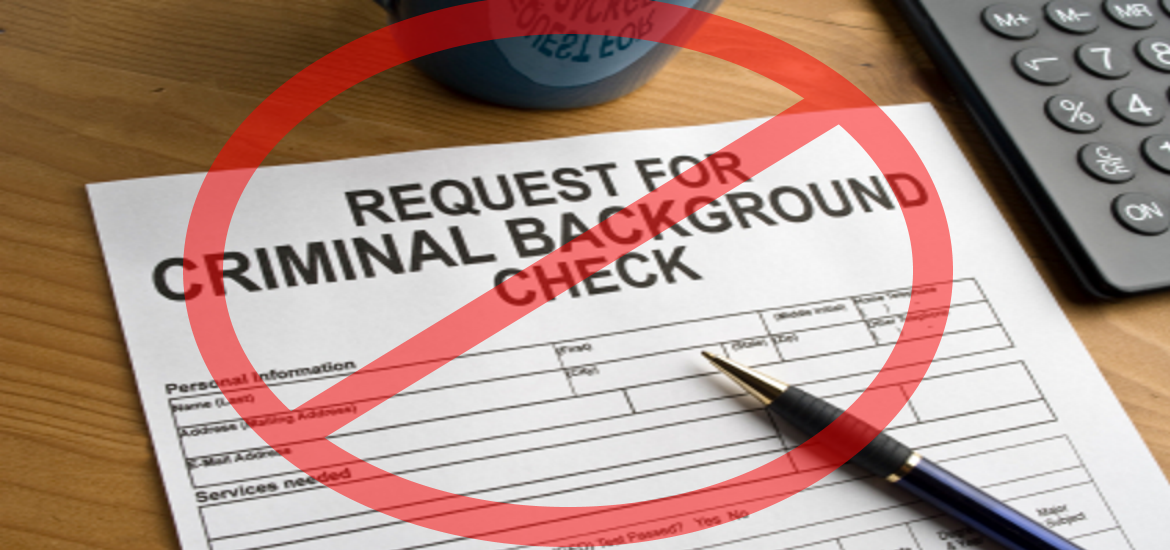“Existing California law regulates inquiries into and the use of criminal history information in hiring and personnel decisions. Existing California law also substantially impedes the ability of employers (and background check companies) to obtain such information from public records. The existing restrictions, however, pale in comparison to restrictions proposed earlier this year. On February 17, 2023, two state senators introduced Senate Bill 809 to replace one of the primary California laws with the “Fair Chance Act of 2023.” SB 809 is currently pending review by the Senate Judiciary Committee, and contains eight sections, the primary ones summarized below.
The Proposed Changes
Section 1 would set forth legislative findings and declarations in support of SB 809. The thrust of Section 1 is that the bill is intended to help millions of people in California that have a criminal record get a job.
Section 2 would amend California’s version of the federal Fair Credit Reporting Act (FCRA), the California Investigative Consumer Reporting Agencies Act (ICRAA), to require even greater transparency and specificity by employers seeking criminal history information for hiring and personnel decisions. Job applicants would be entitled to a disclosure that includes, among other things, either: (1) all the specific job duties of the position for which a conviction may have a direct and adverse relationship that has the potential to result in an adverse employment action; or (2) all applicable laws and regulations that prohibit or restrict the hiring or employment on the basis of a conviction (e.g., for banks, insurance companies, etc.).
Sections 3 and 4 would repeal the existing fair chance act and replace it with the Fair Chance Act of 2023.
Section 12954.2.02 would state that, except as otherwise allowed by the statute, it would be an unlawful employment practice for any employer to do any of the following even after extending a conditional job offer:
- Declare, print, or circulate, or cause the declaration, printing, or circulation of, any solicitation, advertisement, or publication for employment or promotion that states any limitation or specification regarding conviction history.
- Include on any application for employment or promotion, or directly or indirectly ask the applicant, any question that seeks the disclosure of an applicant’s conviction history.
- Inquire into, directly or indirectly ask the applicant, or consider the conviction history of the applicant, including any inquiry about conviction history on any employment or promotion application, with enumerated exceptions.
- End an interview, reject an application, or otherwise terminate the employment or promotion application process based on conviction history information provided by the applicant or learned from any other source.
- Make an adverse decision based on the applicant’s response, including denial of conviction history, to a question, inquiry, or voluntary disclosure regarding the applicant’s conviction history.
- Require self-disclosure of an applicant’s conviction history at the time of, or any time after, a conditional offer of employment or promotion.
- Require or request that an applicant share any personal social media.
- Inquire into, directly or indirectly ask the applicant, consider, distribute, or disseminate information about specifically enumerated data/information while conducting a conviction history background check in connection with any application for employment or promotion.
- Interfere with, restrain, or deny the exercise of, or the attempt to exercise, any right provided under this article.
- Take adverse action on the basis of a delay in obtaining, or failure to obtain, any specified information.
Subject to the foregoing prohibitions, employers would be able to conduct a conviction history background check only where existing law restricts or prohibits hiring or employing persons with a criminal history. Even then, employers must defer inquiries into and consideration of such information until after extending a conditional job offer.
Section 12954.2.03 would provide that, when employers that are authorized to conduct a conviction history background check intend to deny an applicant a position or employment based solely or in part because of the applicant’s conviction history, the employer would have to perform an individualized assessment of whether the applicant’s conviction history has a direct and adverse relationship with one or more specific duties of the job that justifies denying the applicant the position.
An employer that makes the preliminary decision to disqualify an applicant from employment or promotion based solely or in part on the applicant’s conviction history would then have to notify the applicant of this preliminary decision, and its reasoning, in writing. Thereafter, the applicant would have at least 10 business days to respond to the notice before the employer could make its final decision. If, within the 10 business days, the applicant notifies the employer in writing that the applicant disputes the accuracy of the conviction history report that formed the basis for the preliminary decision to rescind the offer and that the applicant is taking specific steps to obtain evidence supporting that assertion, then the applicant would have 5 additional business days to respond to the notice.
If an employer were to make a final decision to deny an application for employment or promotion solely or in part because of the applicant’s conviction history, the employer would have to notify the applicant of the final decision in writing.
Section 12954.2.06 and 12954.2.07 would impose workplace posting and record retention requirements on employers.
Sections 12954.2.08 and 12954.2.09 would provide rules and regulations for imposing civil penalties when an employer violates provisions of this article. To impose civil penalties, the department would have to serve a written citation on the employer.
Section 12954.2.12. Remedies under this section would be in addition to all other rights and remedies, including any local ordinance, state, or federal law.
Conclusion
While the sweeping bill’s future is uncertain, employers should be mindful of the bill’s progress given the drastic impact even a narrower version of the bill would have if enacted into law. These changes would more or less upend the ordinary hiring process for just about every employer in California.”
Littler, March 27, 2023

